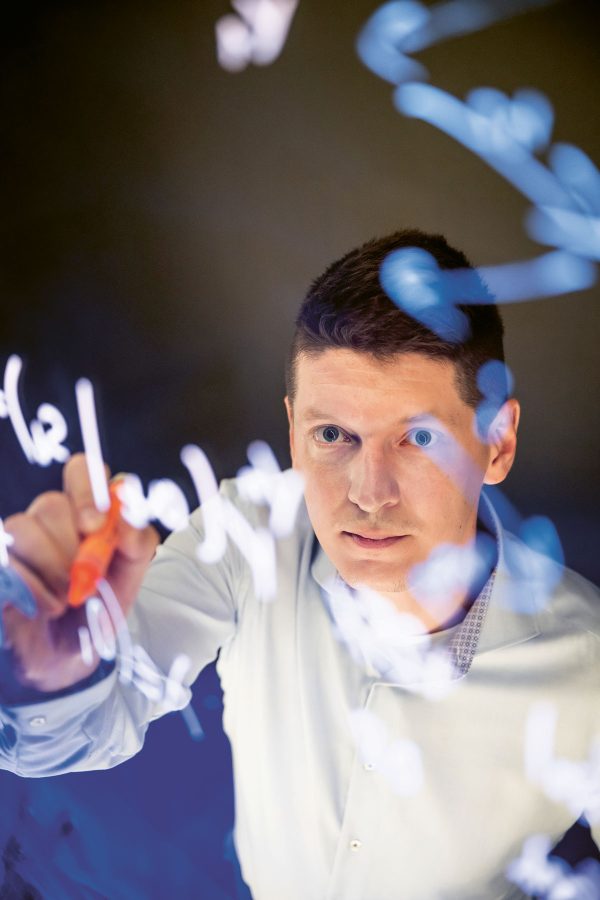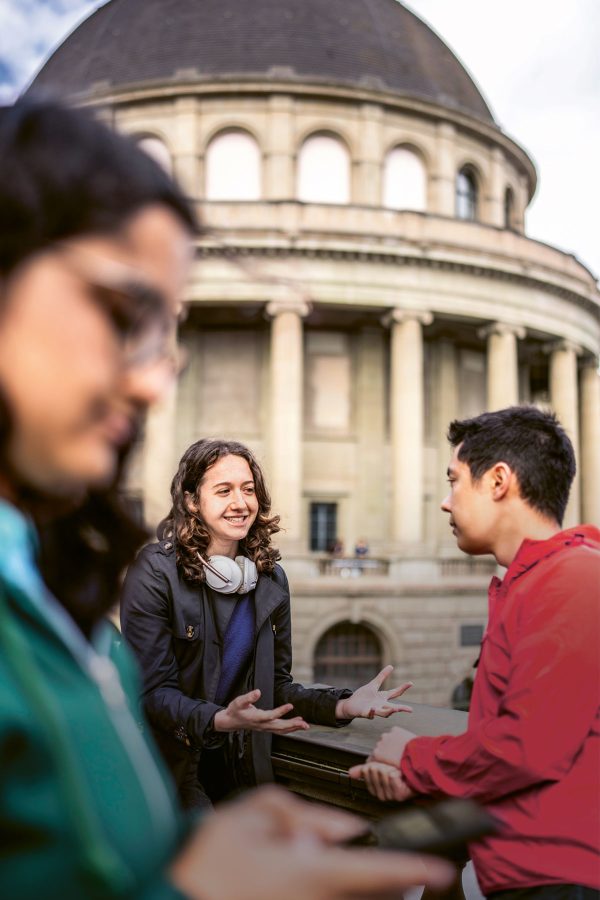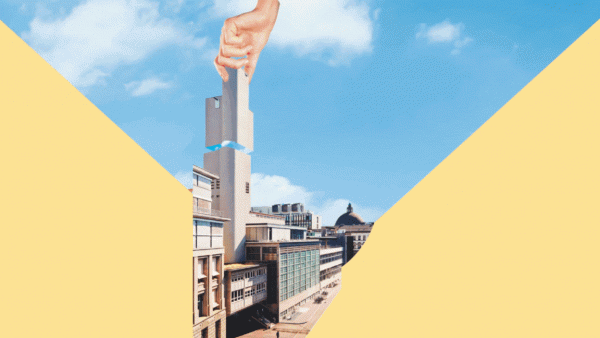Pushing the limits
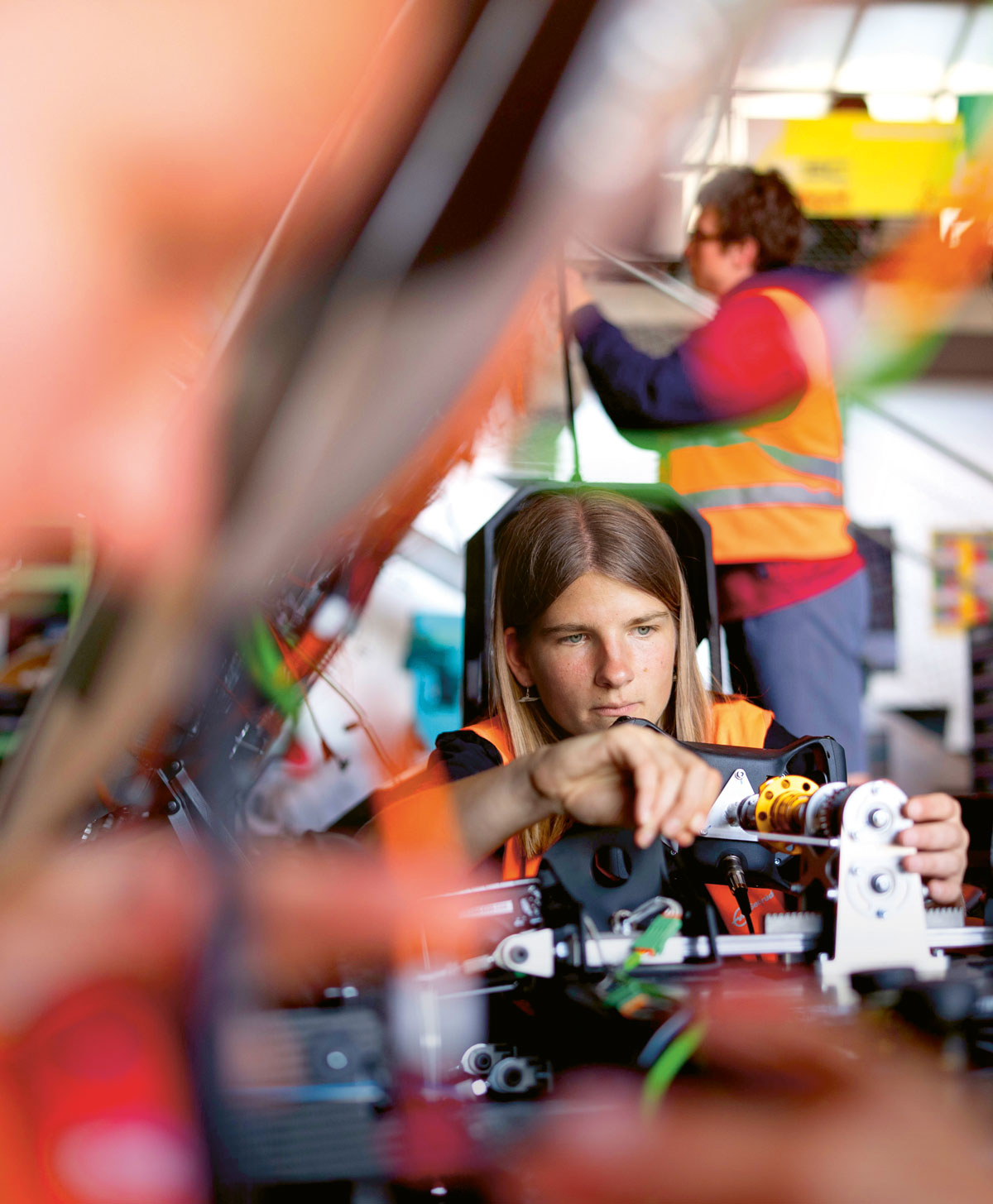
Pushing the limits
She’s still a student but has already led a 60-strong team that designed and built an ultra-efficient solar car for a race across Australia. Excellence Scholar Clara Nörenberg talks about an experience of a lifetime.
You grew up in England and completed your A-levels in Oxford. What made you choose to study mechanical engineering at ETH Zurich?
CLARA NÖRENBERG – I first discovered ETH Zurich during an open day for prospective students. The presentations on student projects in mechanical engineering were what convinced me – I hadn’t seen anything comparable at universities in England. I was also attracted by the demanding lecture schedule at ETH. I think both aspects are important: starting with a solid theoretical foundation, you can then develop your engineering intuition through real projects.
How did you become project leader of aCentauri, the student team that has now taken part twice in the World Solar Challenge across Australia?
I had already joined the project during my bachelor’s degree. After returning from the first race, I was incredibly motivated to lead the project into the next one. As one of the few people from the original team who wanted to continue, I was the obvious choice. And, of course, leadership also comes with organisational responsibility. Many of my team colleagues love the technical challenges – but the organisational side of things less.
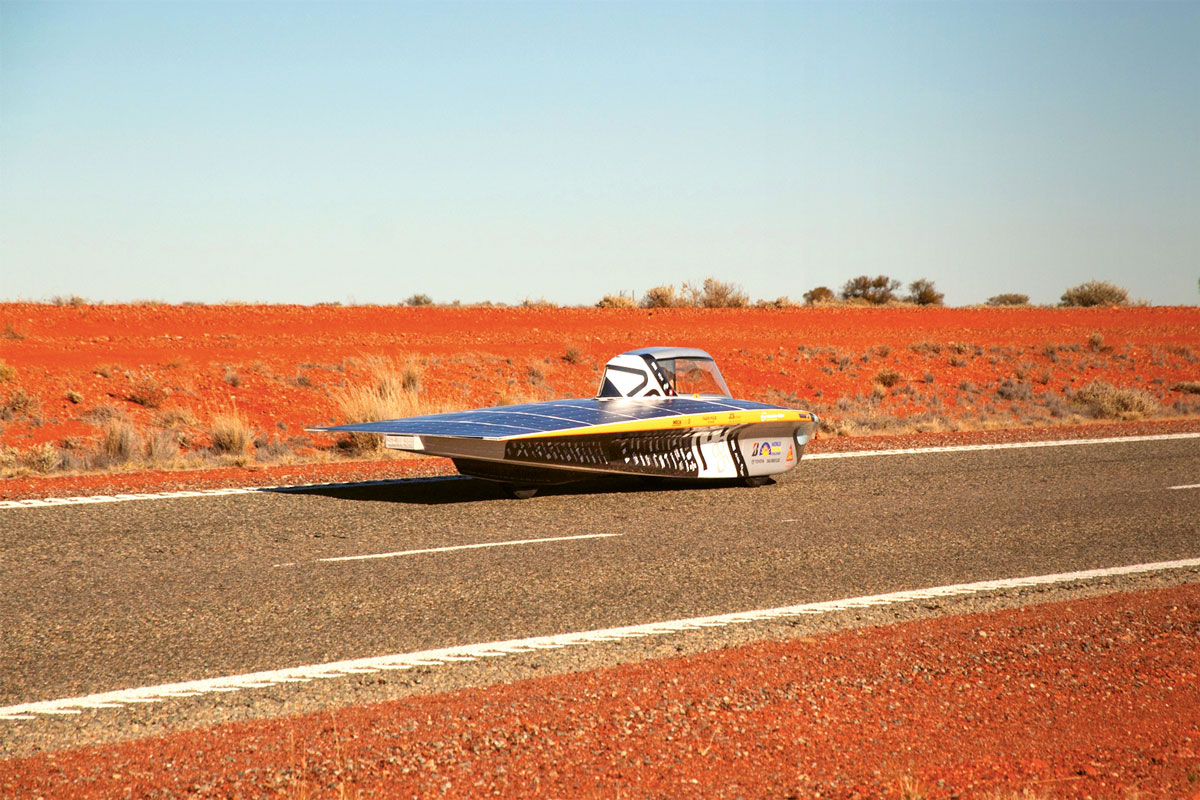
© aCentauri Solar Racing
“The step from ‘designing something’ to ‘making a whole system work’ is huge. Anyone who takes part in a project like aCentauri proves they can make that step.”
What have you learned about teamwork and leadership over the past year?
Everything depends on the team. As a leader, you need to keep an overview and know how to delegate. Communication and the way you deal with others are absolutely crucial. Trust is another key factor: a leader must trust the team, and the team must trust its leader. Everyone needs to be confident that each person is doing their best and not get frustrated if others occasionally take more time off. Another valuable lesson was that success often depends less on what you know and more on how you make use of your resources. For instance, we reached out to our sponsors several times when they had specific expertise we lacked – for example, in battery systems. And finally, how do you find the right compromises? An important insight for me was that the technically best solution isn’t necessarily the best one for the project. The team has to be on board. If someone isn’t motivated, they may not implement a solution as effectively.
And in terms of hard skills – what have you taken away from the project?
I’ve learned how to build a functioning solar car, and I now have a solid understanding of both the electrical and mechanical aspects. Initially, I was part of the subteam that developed the cockpit, which is made of carbon fibre-reinforced plastics. That’s where I learned how to design and build with this material, and I also picked up skills in aerodynamics.
How does a project like aCentauri help to push the boundaries of technology?
Because it’s not a car for everyday use, we can push boundaries by focussing purely on building the fastest, most reliable and most efficient solar car possible – without worrying about market potential. We use the very best solar cells, even if they’re the most expensive. We optimise everything, even if it wouldn’t make commercial sense in the real world, and that’s how we find out what’s truly possible. We also don’t need to think about how the car looks, which is otherwise one of the most powerful factors in the market.
Did the project also push you all to your personal limits?
It was definitely an intense time for all of us. These projects are known for being a once-in-a-lifetime learning experience – which is precisely why you can find 60 people willing to commit to such a complex project alongside their already demanding studies, often without earning a single ECTS credit for it. During the most intense phase, some team members were putting in 60 to 80 hours a week.
You covered 3,000 kilometres in 44.7 hours this time, finishing 11th out of 26 teams. Are you happy with that?
We were six hours faster than two years ago – that’s more than a ten per cent improvement. Our efficiency was on a par with the top teams, which shows how much progress we’ve made. But we also know what needs to be improved for the next car.
So what’s ahead?
Several members of the current team have already said they want to continue and take part again in two years. I’ll stay involved with aCentauri in an advisory role – and I have a feeling that solar cars will continue to play a part in my life.
Project-based learning at ETH
At ETH Zurich, students are encouraged to gain hands-on experience through real-world projects. Initiatives and formats like the focus projects, the Center for Project-Based Learning and the Student Project House have greatly expanded in recent years and will continue to grow. They give students the chance to learn how to translate theoretical knowledge into practical solutions.
